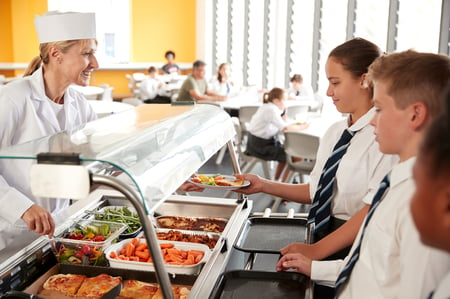
Education Waste Management for schools, colleges and universities.
CREATE YOUR ONLINE QUOTE NOW
Switch to Hills Waste Solutions in under 10 minutes
- 97% service reliability
- 4,000 businesses in our community
Sustainable waste management – a major challenge for education
Did you know that over 13 million adults and young people are in education at any given movement, from nurseries to universities, be it a student or employee? (that’s a fifth of the UK’s entire population). And, the average primary school pupil generates 45kg of waste a year making the education sector a vital cog in the nation’s positive waste initiative.
Locations served
- Amesbury
- Andover
- Bath
- Bristol
- Cirencester
- Chippenham
- Devizes
- Faringdon
- Frome
- Malmesbury
- Marlborough
- Newbury
- Portishead
- Salisbury
- Shaftesbury
- Swindon
- Trowbridge
- Tidworth
- Warminster
- Weston-Super-Mare
- Yate
Supporting the unique needs of education waste management
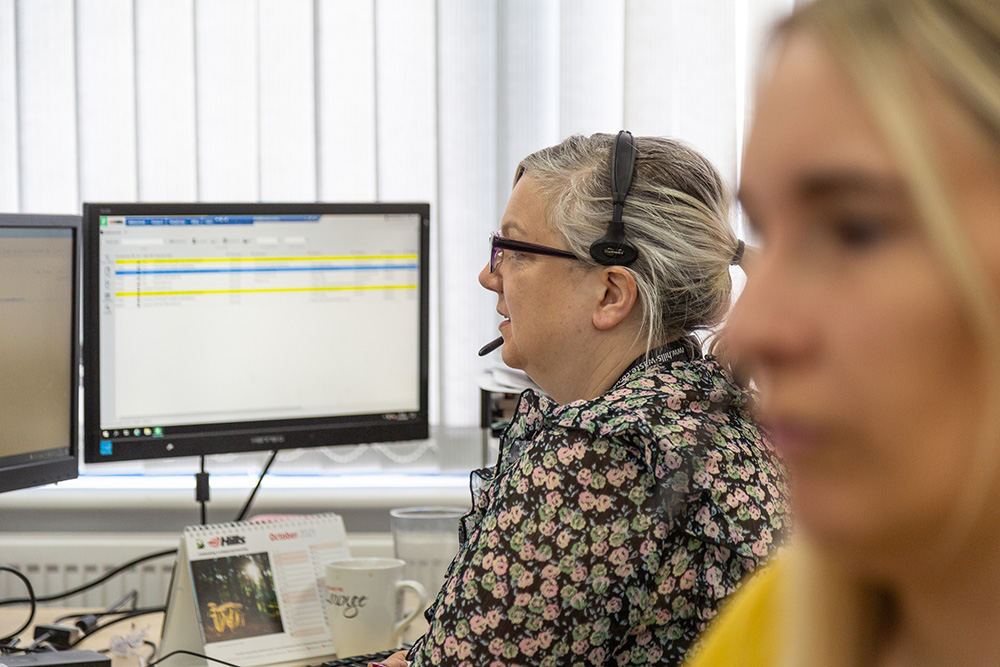
Helping you meet waste legislation
Navigating waste legislation can be challenging, especially for smaller organisations like nurseries. Unfortunately, in this instance, the legal responsibilities of waste often fall on the shoulders of those trained to care for children, teenagers and young people. But, not to worry - the Hills Waste support team can help you take care of things, and handle those pesky ISO 14000s and 2001 waste regulations. We’ll partner with you to manage waste effectively in compliance with all regulations.
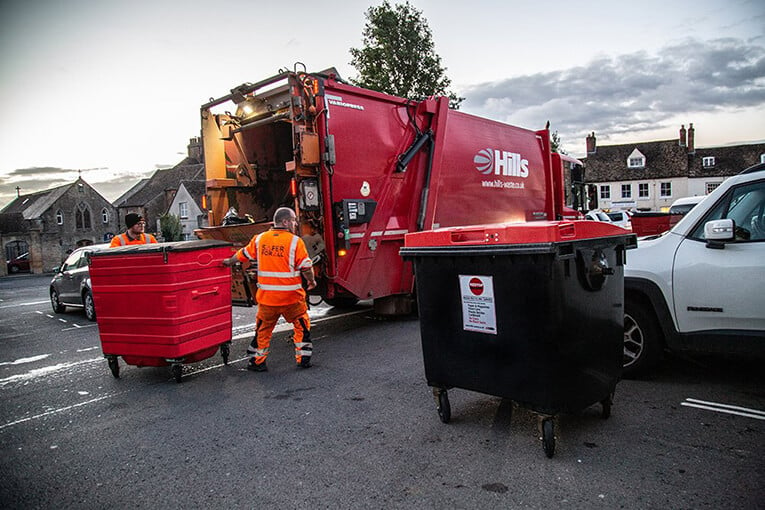
Flexible collection schedules
Hill Waste understands that educational institutions run to a schedule with a bustling environment of children, young people, parents and educators moving around your site. We don’t want to get in the way. We conduct our collections at set times and work according to our agreed schedule so you’ll know when to expect us. And, of course, safety is our top priority. Our fleet of collection vehicles are fitted with on-board cameras, audible alerts, and sensors that provide near-360˚ visibility and we are one of just a handful of waste management companies who hold a coveted ISO treble, ISO 14001, 45001 and 9001 accreditations. Your carbon footprint is important to us, which is why our flexible schedule is tailored to meet your seasonal requirements, avoid unnecessary visits and keep costs down if operating on a skeleton staff over the summer.
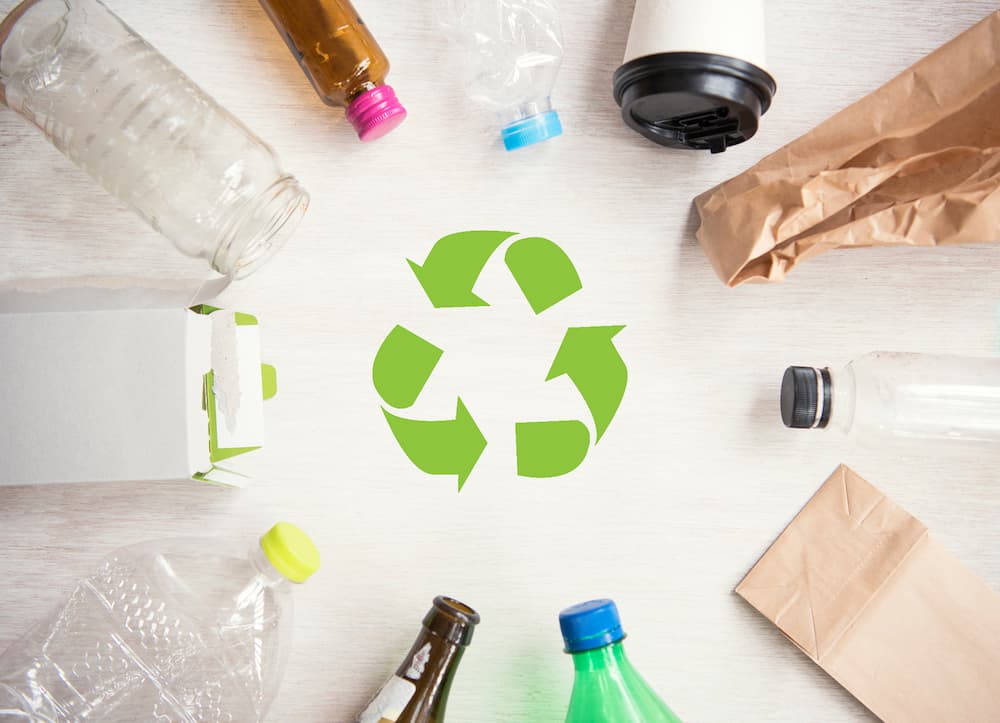
Container range for every need
Hills Waste has a variety of waste containers to match every waste stream for your nursery, school or university. It’s not always easy to get students to recycle – or in staff rooms for that matter. Our range of containers is clearly labelled and tailored to your location, size and collection requirements. From dry mixed recycling bins to food waste, skips or compactors we have the container for you.
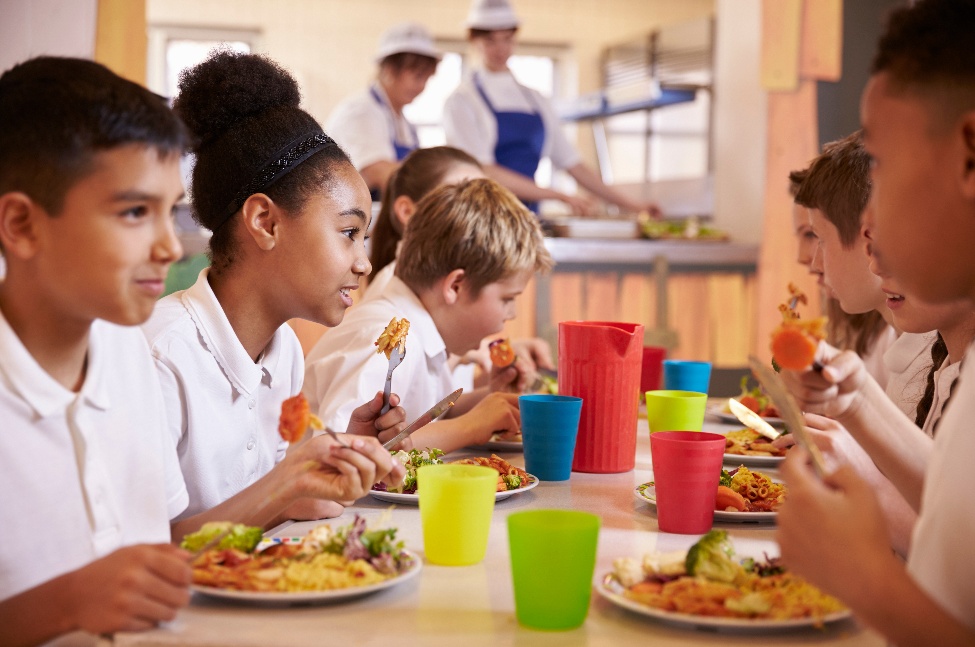
Working to strict budgets
It’s a challenging time to be in education. Budgets are squeezed, spiralling food and energy costs, survival means doing more for the same money. Hills Waste is built around partnering with you to achieve the maximum value for your budget. And, best of all, our experts identify opportunities to reduce your spending and help you meet your climate commitments so you can trust us to keep your waste management costs under control.
Sustainability a priority
As the world faces up to an unprecedented climate crisis, organisations are encouraged to work towards more stringent environmental targets. Hills Waste has been a leader in resource recovery processes and technology for more than two decades. We’re experts in reducing and recycling our customers’ waste, enabling the education sector to achieve the objectives set out in climate action roadmaps, meet their net-zero obligations, and build a more circular economy.
We’re experts in reducing and recycling our customers’ waste, enabling the education sector to achieve the objectives set out in climate action roadmaps, meet their net-zero obligations, and build a more circular economy.
Food waste reduction
One thing’s for sure, all education providers produce plenty of food waste. A recent report found that schools on average throw out over 80,000 tonnes of food waste each year, over half of which is fruit and vegetables. As you know, food prices are skyrocketing across the UK, providing a golden opportunity to tackle this at the source; smarter ordering, composting and food management practices improve your bottom line and reduce your carbon footprint.
Naturally, whatever measures are put in place, there will always be some food waste, whether it’s the leftover contents of a toddler’s lunchbox, the canteen scrapings of a school or the half-eaten takeaways from student flats every, educational institution can make good use of its food waste.
A pioneering reputation
A Lot has changed since Hills were founded over 120 years ago, but we’ve always been at the forefront of new cutting-edge technologies and have a long-standing history of supporting the circular economy and educating educators to minimise their waste. Our expert team works alongside you to manage your waste, backed by our comprehensive real-time reporting and ultra-dependable collection service level of 97%.
Doing the right things with waste from education
The education sector produces a broad range of waste with a variety of waste streams. Below are some of the major waste types we often see from educational institutions, all of which (and much more) are covered by Hills’ total waste management service.
What can we recycle?
As part of our commitment to total waste management, our focus is on recycling as much commercial waste as possible. As such, we:
Dry mixed recycling
Collect and recycle a range of dry mixed recycling materials without you needing to sort them. This includes cardboard, paper, food and drink cans, plastic pots and bottles and empty aerosols.
Food waste
Turn collected food waste into valuable energy for the National Grid and nutrient-rich organic matter. This includes kitchen and plate waste, production residues, drinks waste and all raw, cooked and even packaged food.
Glass waste
Take away glass waste to be recycled again and again. This includes jars and bottles, regardless of colour, as well as their labels and lids. Did you know that glass bottles can be recycled indefinitely?
Want to know more?
Hills are experienced local experts who understand the unique demands of waste management in the education sector, and specifically for schools. Contact our friendly professional team today to learn how we can help you meet your waste disposal and recycling challenges.
Latest news
View all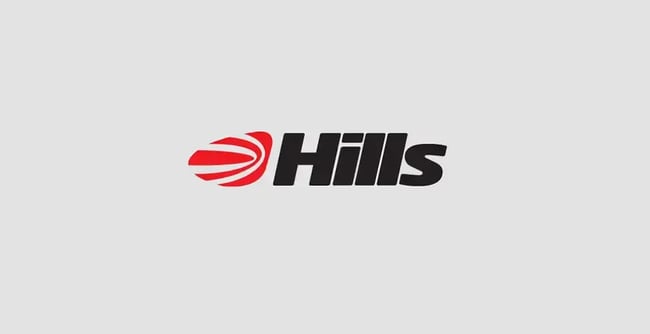
Tula Welsh appointed to lead Hills' Sales Team
January 2026Hills Waste Solutions has appointed Tula Welsh to the position of Sales Manager.
Continue reading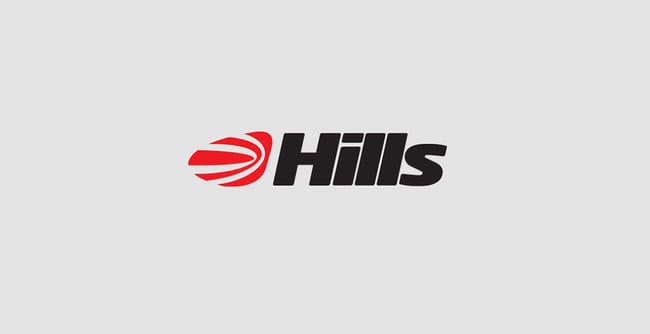
Statement on Wiltshire Council HRC closures
December 2025The Hills Group is disappointed with Wiltshire Council’s decision to close the Household Recycling C...
Continue reading
Wiltshire Council contract update
December 2025Following Wiltshire Council’s review of waste and contract services, Hills Waste Solutions is please...
Continue reading
